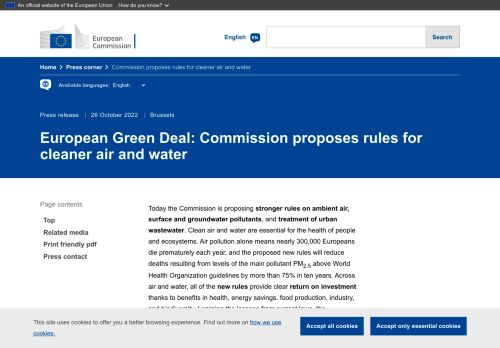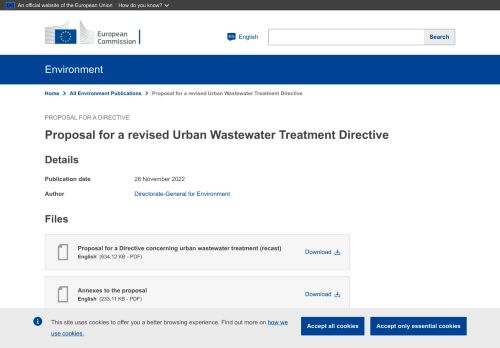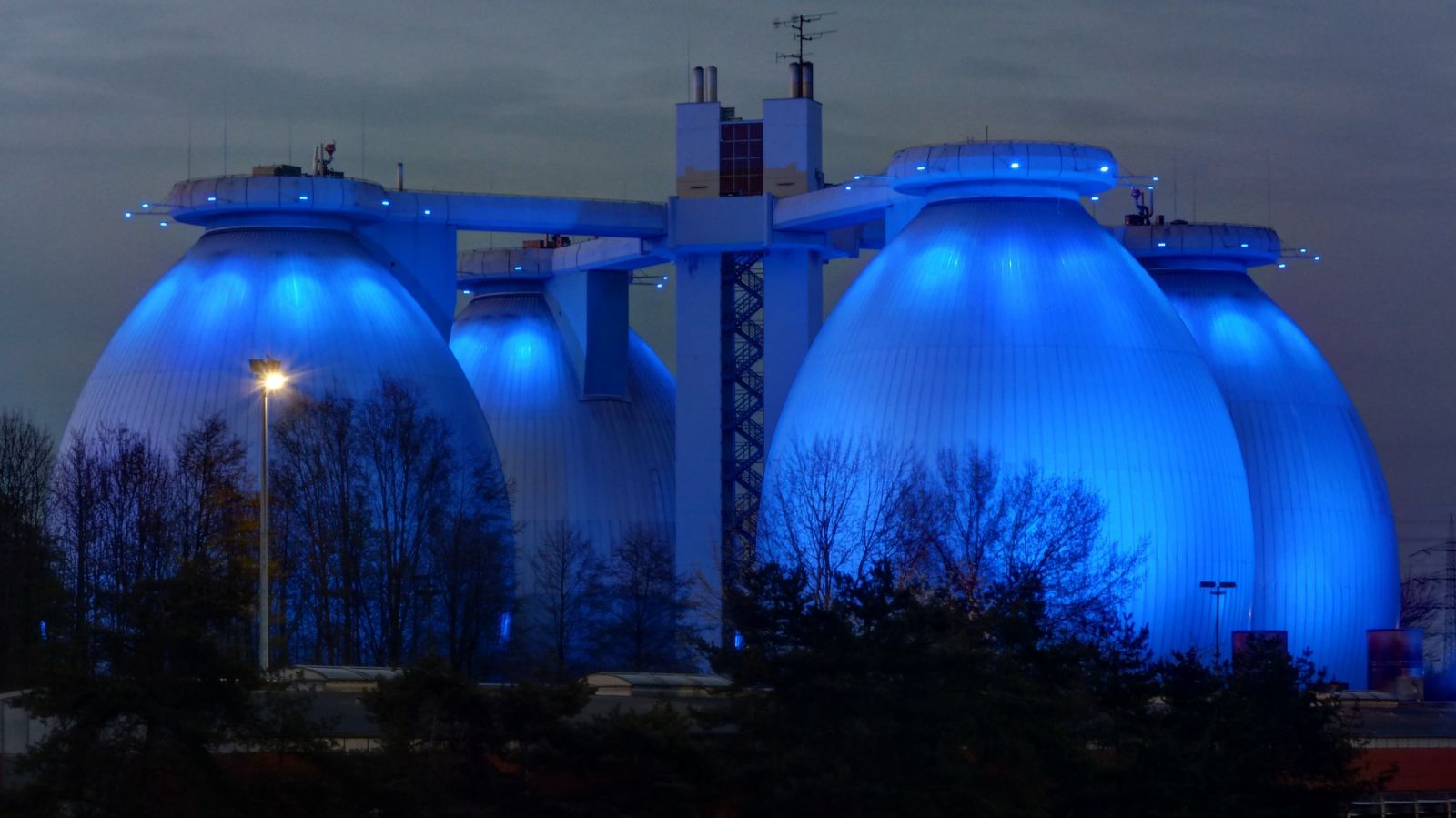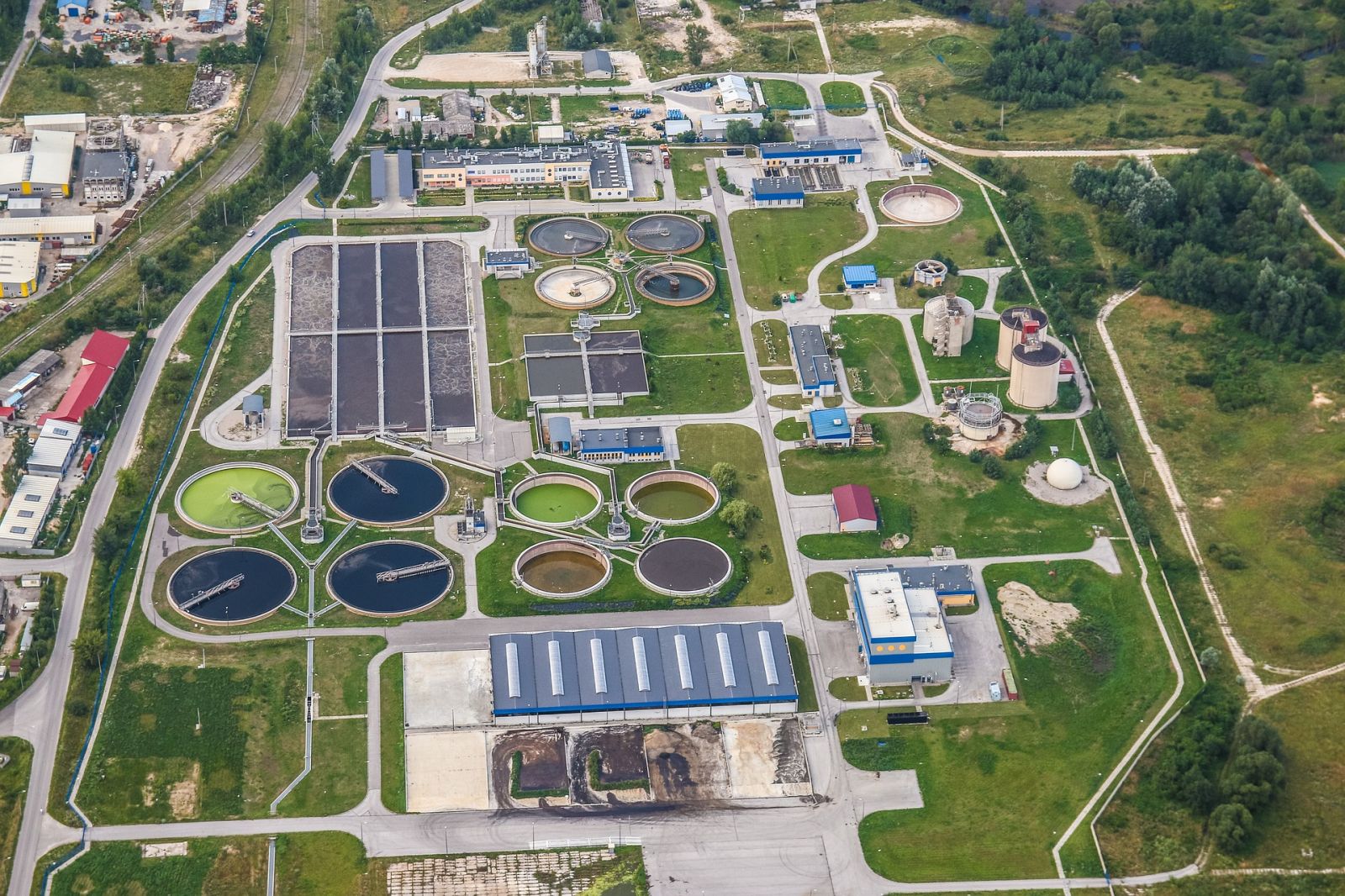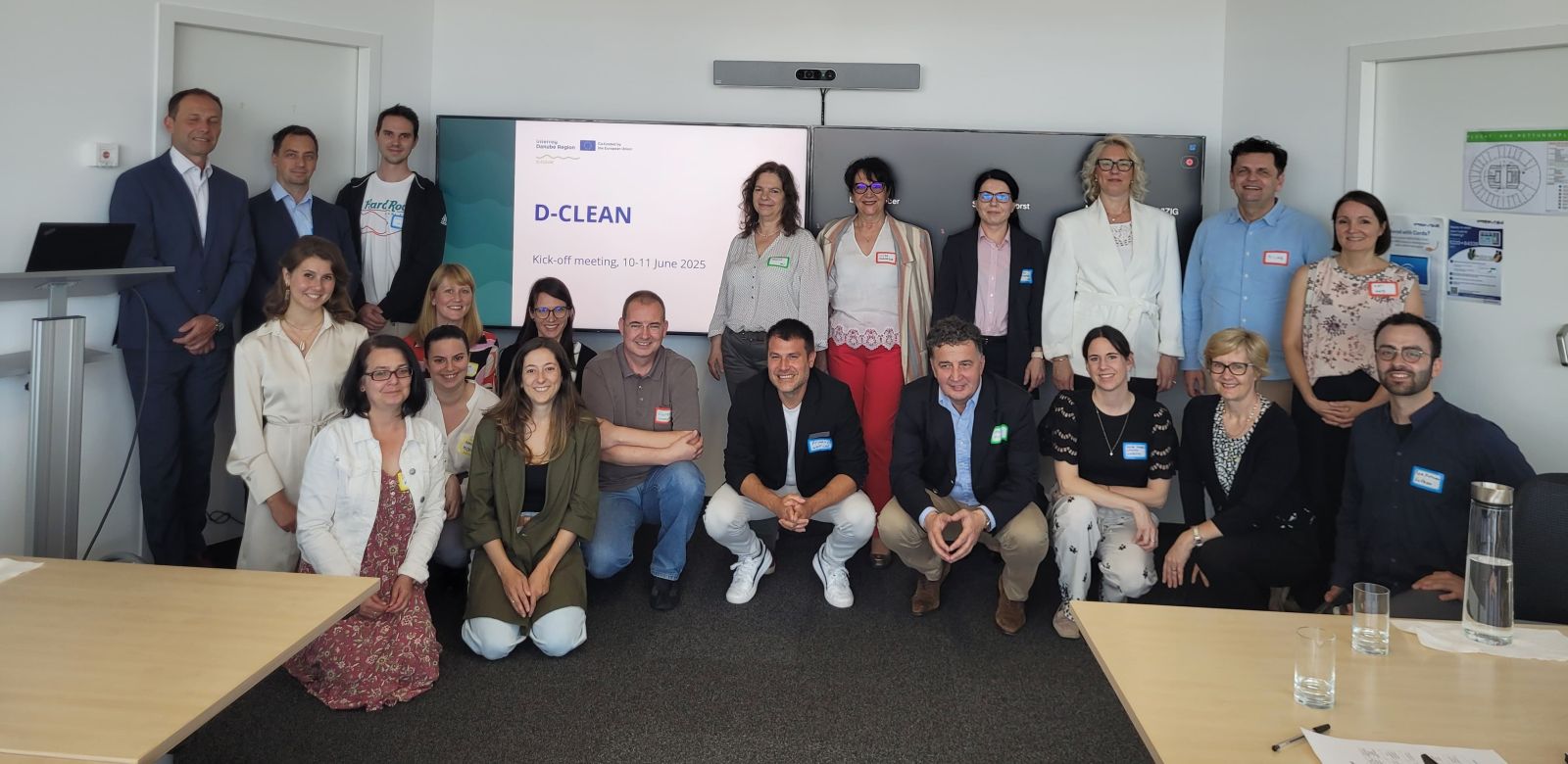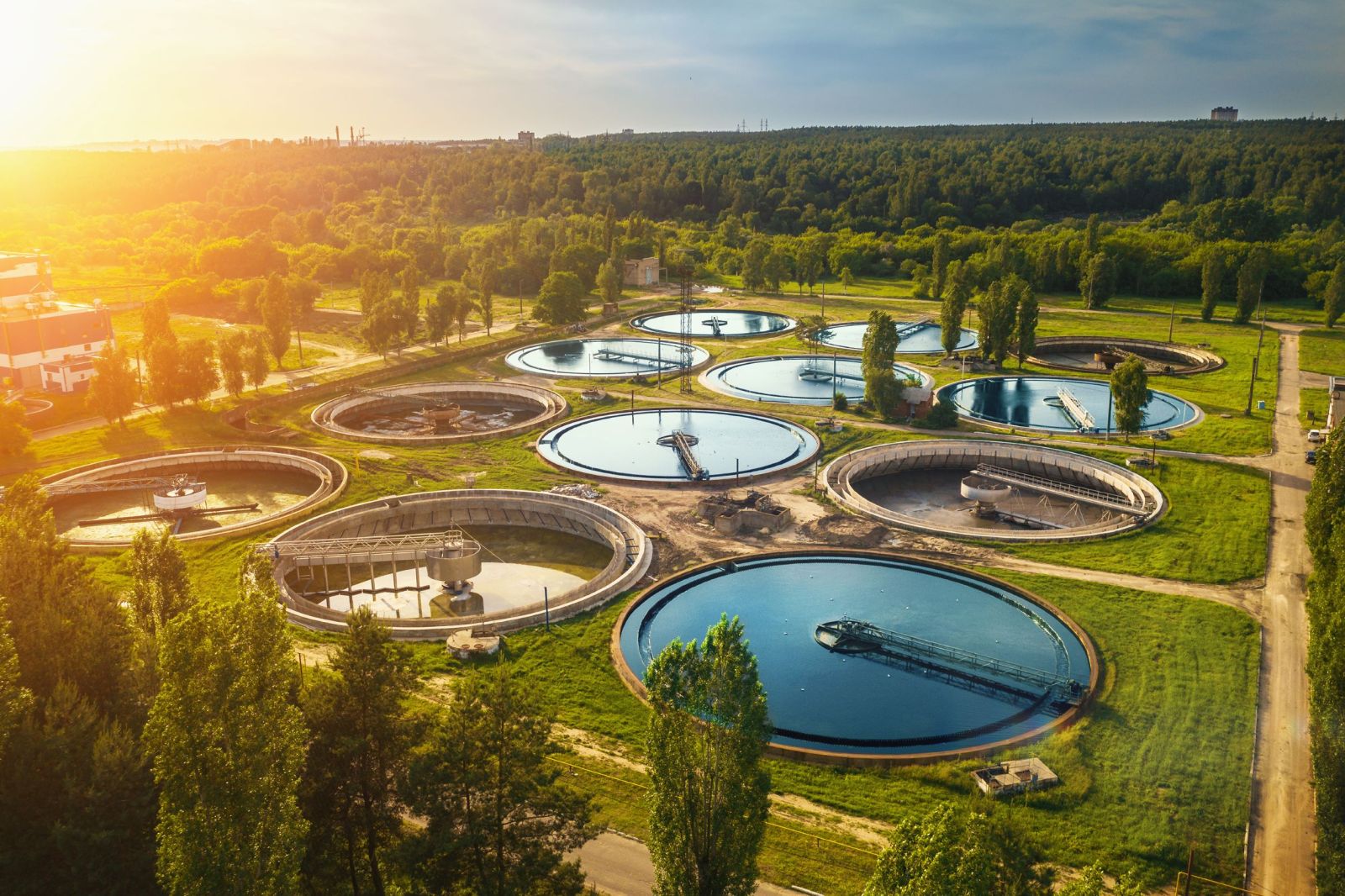
Voice of the Danube
On 26 October, the European Commission has proposed revisions on the current rules on air, surface and groundwater pollutants. Especially interesting for the water sector is the revision of the Urban Wastewater Treatment Directive.
In an important step towards the European Green Deal's ambition of achieving an environment free of harmful pollution by 2050, the European Commission has published a proposal for stricter rules on air pollution and urban wastewater, aiming at tightening allowed levels of pollutants and also improving implementation processes to ensure that the ambitious goals are met in reality.
The Commission’s proposal covers both the Ambient Air Quality Directives and the Urban Wastewater Treatment Directive. The proposed revision of the European Urban Wastewater Treatment Directive updates a Directive that has been in force since 1991 and has succeeded in dramatically improving the quality of European rivers, lakes and seas.
Aiming at at better and more cost-effective treatment of urban wastewater, the proposal calls for obligations to recover nutrients from wastewater, new standards for micropollutants and new monitoring requirements for microplastics. Obligations to treat water will be extended to smaller municipalities with 1,000 inhabitants, down from currently 2,000 inhabitants. To help manage heavy rains, made more frequent by climate change, integrated water management plans in larger cities need to be established. To make the best possible use of wastewater as a resource, the sector should achieve energy-neutrality of the sector 2040 and work to improve sludge quality, allowing for improved reuse in the context of a circular economy. Finally, building upon the Covid-19 experience, the Commission proposes to systematically monitor wastewater for several viruses, amongst which CoV-SARS-19, and anti-microbial resistance.
As of now, 92% of all toxic micro-pollutants found in EU wastewaters come from pharmaceuticals and cosmetics. Therefore, the Commission's proposal calls for a new Extended Producer Responsibility scheme that will require producers to pay for the cost of removing them. This is in line with the "polluter pays" principle and will motivate research and innovation to create non-toxic products, while also bringing more fairness to the financing of wastewater treatment.
Recognizing the significant untapped renewable energy production potential of the wastewater sector, it is proposed to track industrial pollution at their source to increase the recycling of sludge and treated wastewater, avoiding the loss of valuable resources. Rules on recovering phosphorus from sludge will support their use to make fertilizer, benefiting food production.
These changes are estimated to increase costs by 3.8% to €3.8 billion a year in 2040, but they promise benefits to the tune of over €6.6 billion a year, creating a positive cost-benefit ratio in each Member State.
Based on up-to-date scientific evidence, the Commission furthermore proposes to add 25 substances with well-documented problematic effects on nature and human health to the list of strictly controlled surface water and groundwater pollutants. In addition, standards for 16 pollutants already covered by the rules, including heavy metals and industrial chemicals, will be updated (mostly tightened), and four pollutants that are no longer an EU-wide threat will be removed.
The proposals will now be considered by the European Parliament and the Council in the ordinary legislative procedure. Once adopted, they will take effect progressively, setting targets for 2030, 2040, and 2050 to give industry and authorities time to adapt and invest where necessary.
For the full text of the proposal and in-depth background information please follow the links below.
Press corner | European Commission
Highlights, press releases and speeches
Proposal for a revised Urban Wastewater Treatment Directive
On 26 October 2022, the Commission revised the Directive in line with the results of an evaluation and on the basis of an extensive impact assessment, adapting it to the newest standards.
